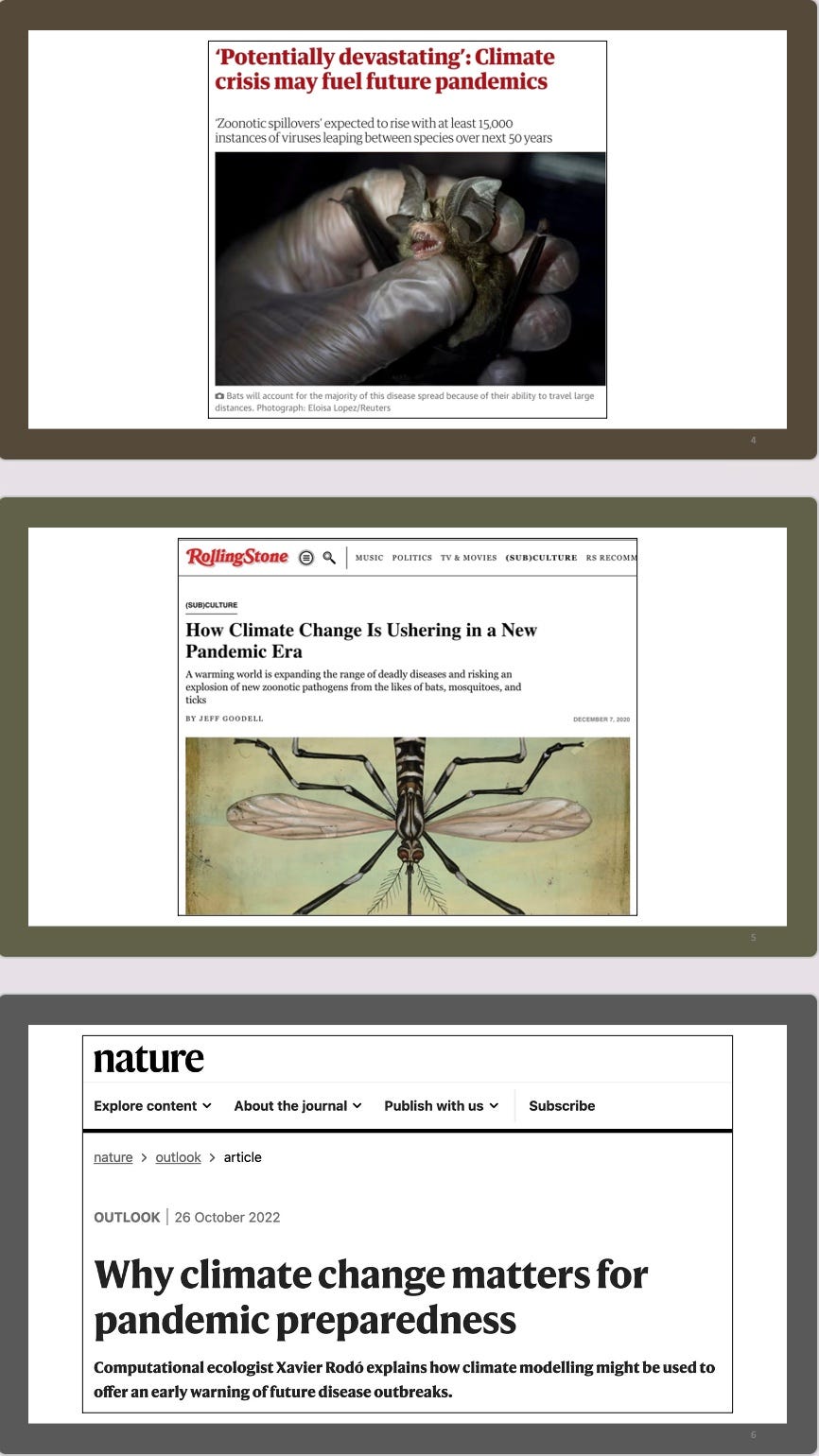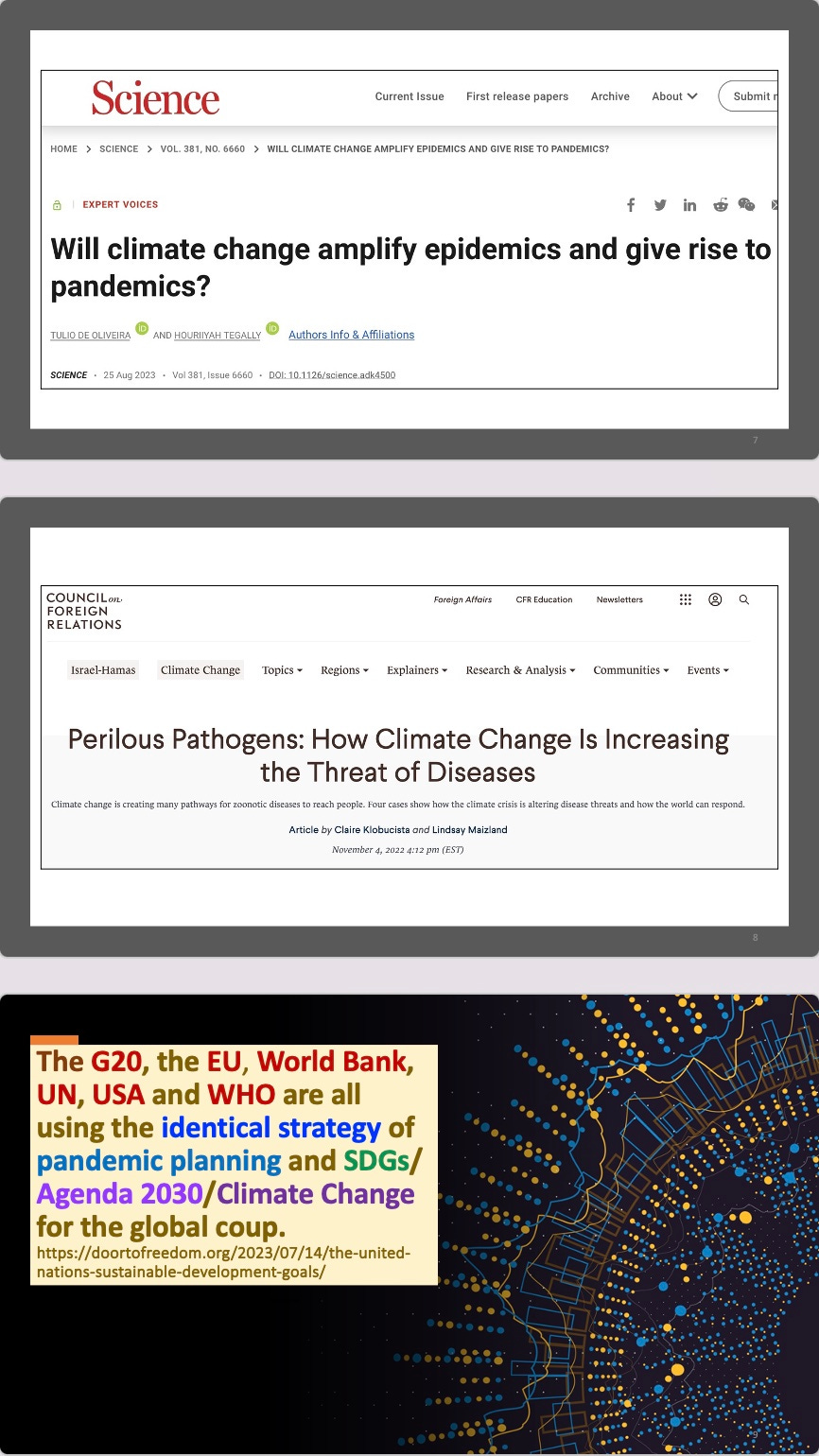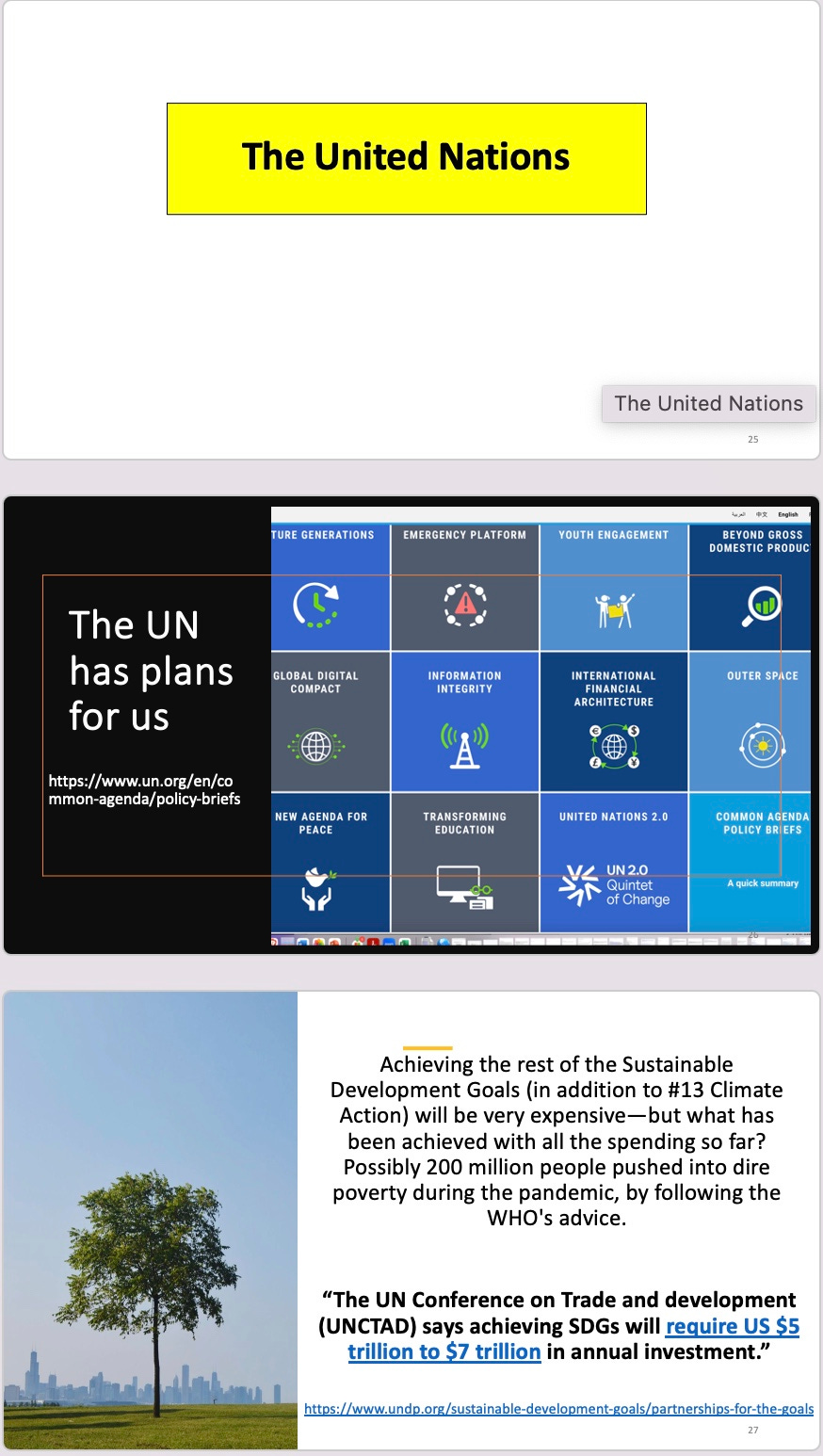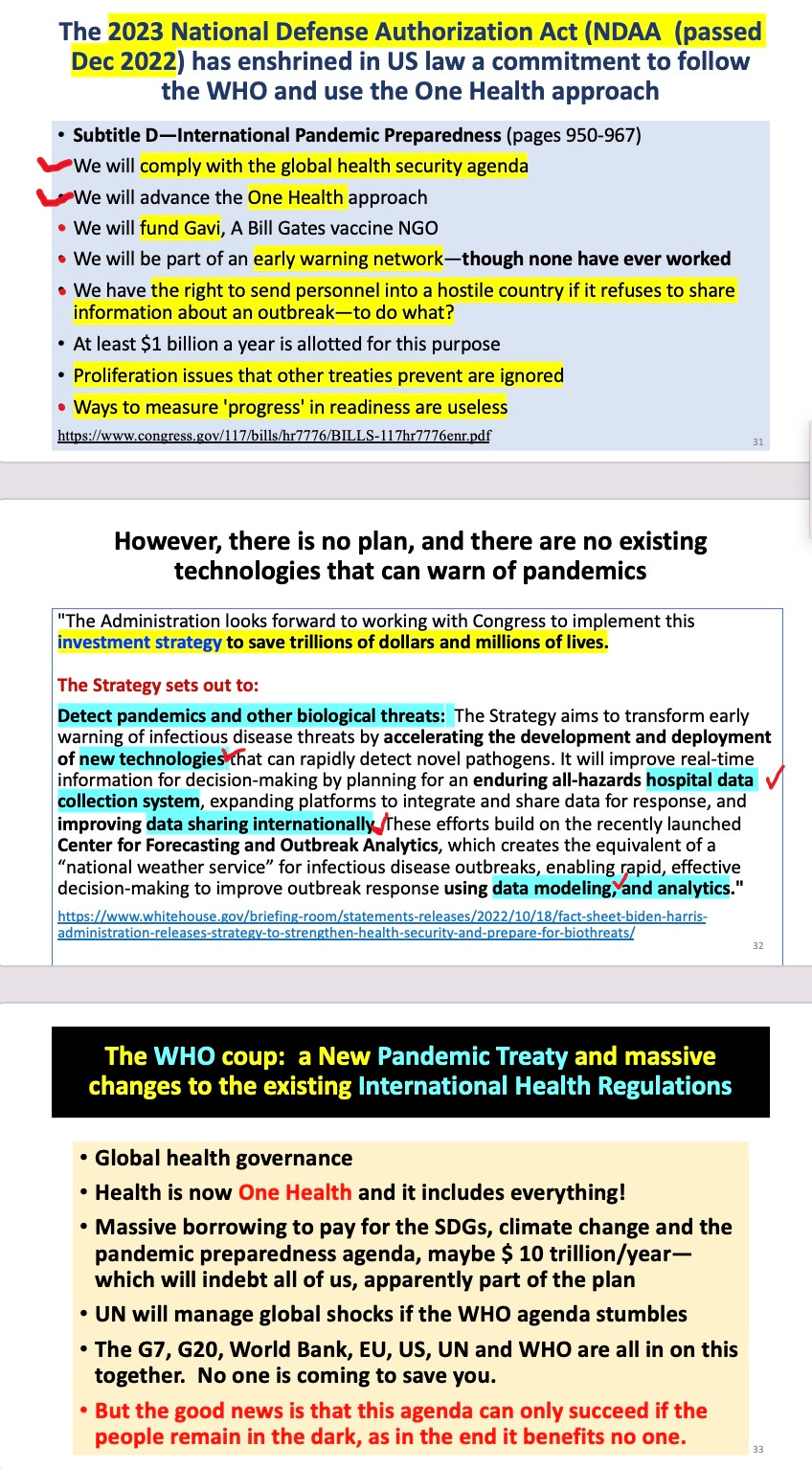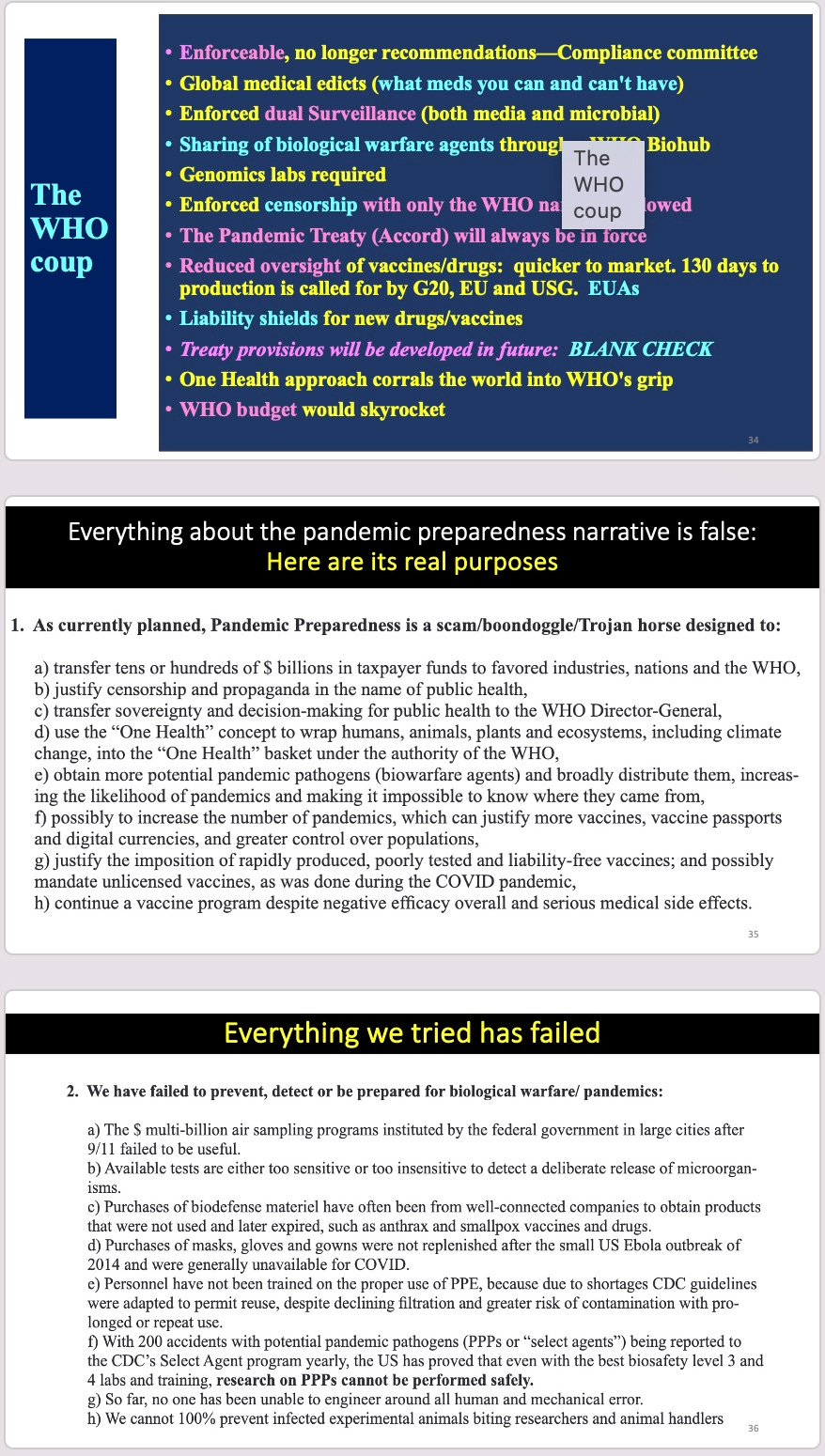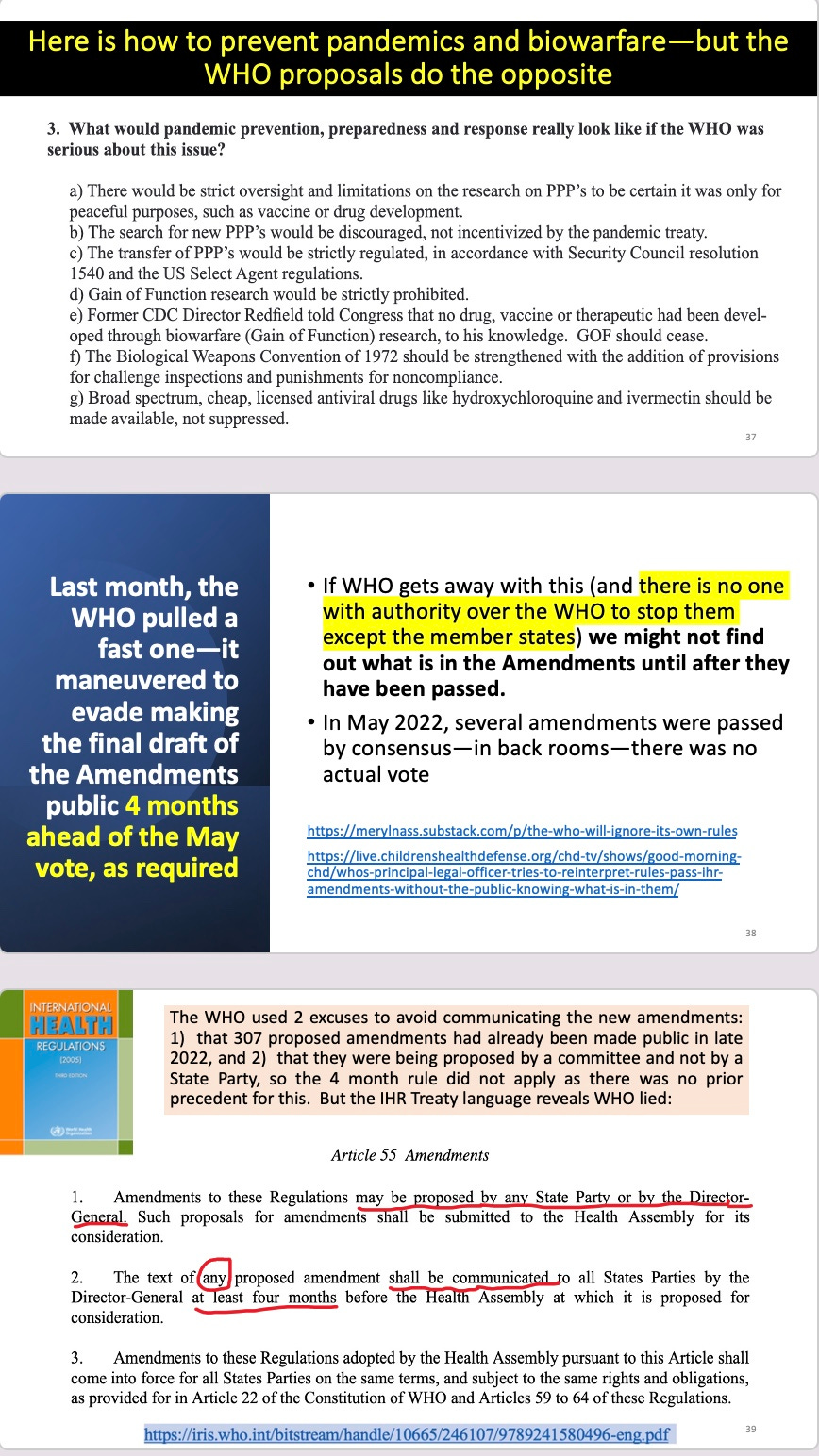· The build-out of a massive and expensive global biosecurity system is underway, allegedly to improve our preparedness for future pandemics or biological terrorism. In aid of this agenda two documents are being prepared through the WHO: a broad series of amendments to the existing International Health Regulations (2005) (IHR)[1] and a proposed entirely new pandemic treaty, accord or agreement.[2] (Multiple names have been applied to this treaty, with the term WHO CA+ used most often.)
· Both the amendments and treaty are on a deadline to be considered at the annual World Health Assembly meeting, in May 2024.
· A treaty requires a two-thirds vote of the World Health Assembly's 194 member states to be adopted and is binding only for States that have ratified or accepted it (Article 19 and 20, WHO Constitution). It could potentially be enacted into force in the US by a simple signature, without Senate ratification.
· The IHRs and any amendments thereto are adopted by simple majority, and become binding to all WHO Member States, unless a state has rejected or make reservations to them within predefined timeframes (Articles 21 and 22, WHO Constitution; Rule 72, Rules of procedures of the World Health Assembly).
· Amendments are passed by simple majority.[3]
· The current draft of the IHR Amendments would allow the Director-General of WHO or Regional Directors to declare a Public Health Emergency of International Concern (PHEIC)[4] , or the potential for one, without meeting any specific criteria[5] (Article 12). The WHO would then assume management of the PHEIC and issue binding directives[6] to concerned States.
1. PHEICS and potential PHEICs could be declared without the agreement of the concerned State or States.
2. WHO's unelected officials (Director-General, Regional Directors, technical staff) could dictate measures including quarantines, testing and vaccination requirements, lockdowns, border closures, etc.
· WHO officials would not be accountable for their decisions.
· Proposed Article 3 removes rights that have been intrinsic to the IHRs until now.
Removed
are basic rights under international law.
Struck from the 2005 IHRs is the crucial guarantee of human rights as a
foundation of public health: "The
implementation of these Regulations shall be with full respect for
the dignity, human rights and fundamental freedoms of persons..."
This has been replaced with the following legally meaningless phrase: "based on the principles of equity, inclusivity, coherence..."
· Among many egregious proposals, one example encapsulates the extraordinary nature of what is being proposed. Proposed article 43.4 notes that the WHO could ban the use of certain medications[7] or other measures during a pandemic, since its 'recommendations' would be binding:
"WHO shall make recommendations to the State Party concerned to modify or rescind the application of the additional health measures in case of finding such measures as disproportionate or excessive. The Director General shall convene an Emergency Committee for the purposes of this paragraph."
· States' obligations [8] in the proposed Amendments would include:
1. Conducting extensive biological surveillance of microorganisms and people (Article 5);
2. Monitoring mainstream and social media and to censor “false and unreliable information” regarding WHO-designated public health threats (Article 44.1(h)(new));
3. Providing medical supplies for use by other States as determined by the WHO[9] (New Article 13A);
4. Giving up intellectual property for use by other States or third parties[10] (New Article 13A);
5. Transferring genetic sequence data for "pathogens capable of causing pandemics and epidemics or other high-risk situations" to other Nations or third parties, despite the risks this entails (Article 44.1(f) (new)).
· The engagement of WHO with non-State actors (non-governmental organizations, private sector, philanthropic foundations, and academic foundations) is foreseen in multiple proposals, raising enormous concerns about conflict of interest (Articles 12.New 7, 13.New 7, New 13A.7).
· It is expected that to implement these proposals, WHO will require a massive increase in its budget.
· The role of the WHO will change from assisting Nations to manage public health challenges on request, to becoming the manager of a massive network of bio-surveillance activities and becoming the enforcer[11] of its public health policies.
[1] https://apps.who.int/gb/wgihr/pdf_files/wgihr1/WGIHR_Compilation-en.pdf
[2] https://apps.who.int/gb/inb/pdf_files/inb4/A_INB4_3-en.pdf

